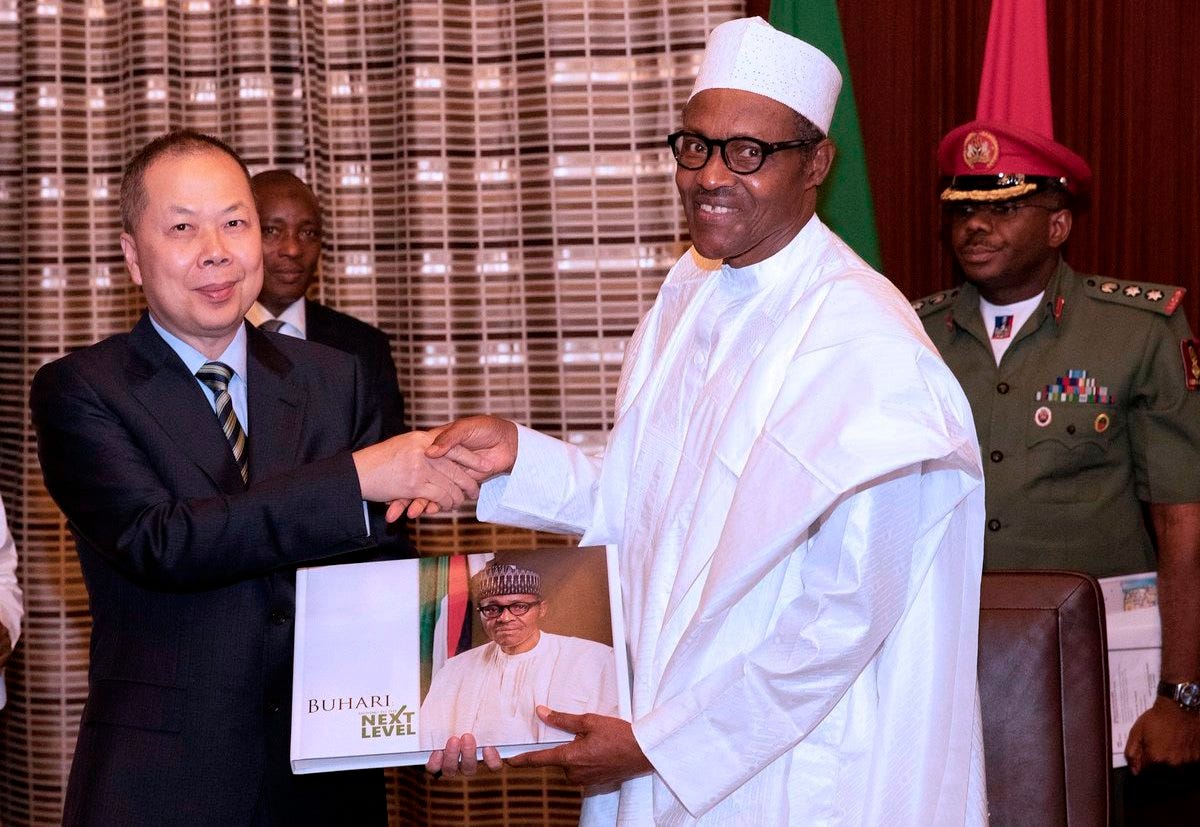Apparent Suicide Raises Questions Over BRI Corruption
Chairman of one of China’s biggest SOEs apparently leaps to death amid corruption probe

By: Toh Han Shih
There are unanswered questions over the apparent August 16 suicide of Chen Fenjian (above, left), a former top executive of two large Chinese state-owned enterprises (SOEs) engaged in the Belt and Road Initiative, one of which, China Communications Construction Company (CCCC), was recently sanctioned and accused of corruption by the US g…
Keep reading with a 7-day free trial
Subscribe to Asia Sentinel to keep reading this post and get 7 days of free access to the full post archives.
